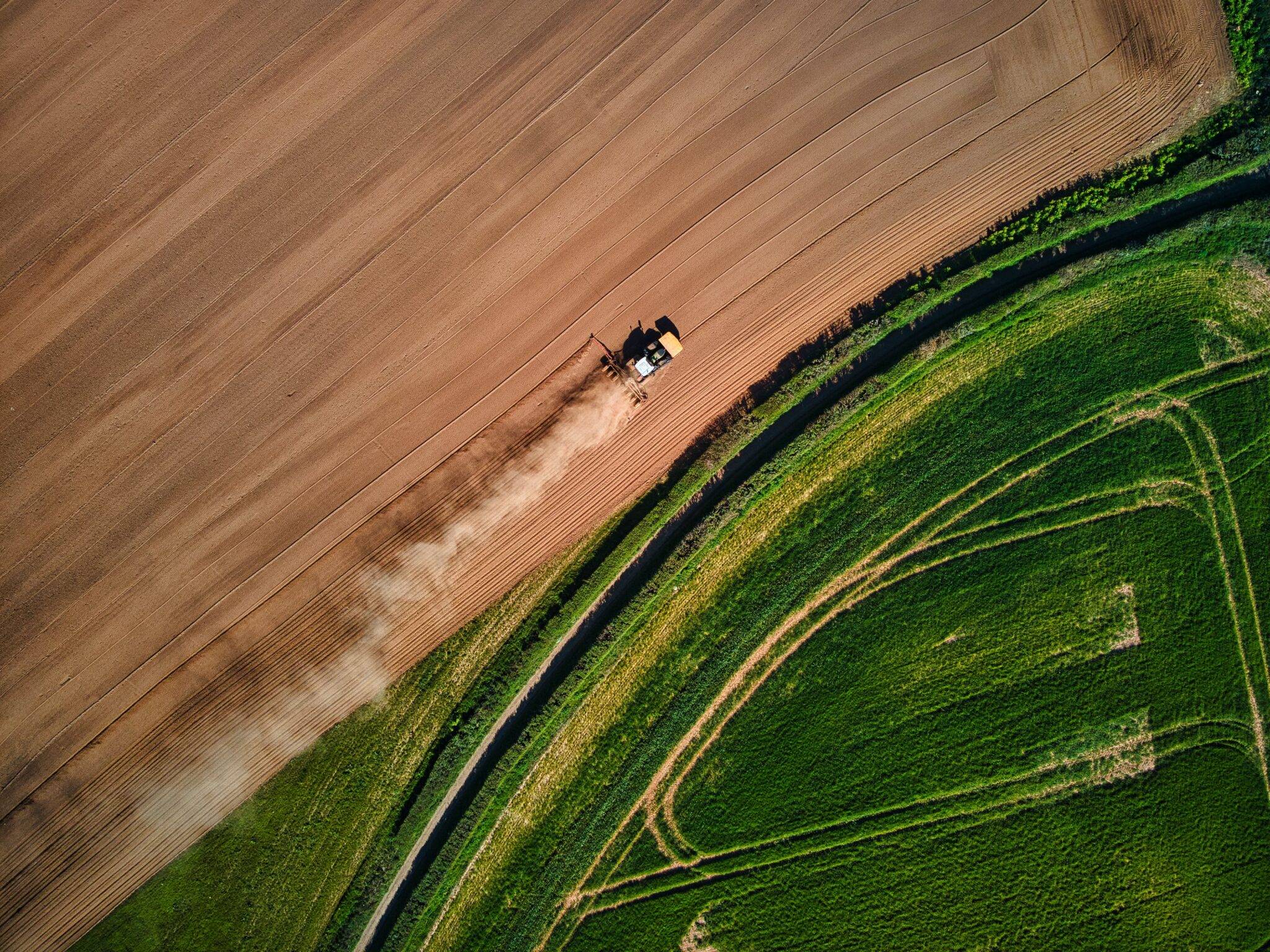
Maddie Chang is a student at Harvard Law School.
In today’s Tech@Work, military AI is being repurposed for worker surveillance, new questions are raised about the impact of automated farming technology on worker safety, and in Brazil, an increase in phone theft hits gig workers especially hard.
As covered in WIRED, a number of tools originally developed for surveillance in military and national security contexts are also being used to monitor workers. For example, one such product first marketed itself as a tool to identify terrorist threats online by scraping data from chat rooms and online forums. It has since applied the same technology in a new arena: “supply chain risk management,” which means identifying the risk of labor strikes before they occur. As the WIRED article notes, it is not clear whether tools of this ilk can actually deliver on their promises; however, their expansion into the world of work and their mere presence may itself chill legally protected organizing activities.
New farming technology, including driverless tractors and autonomous pesticide sprayers, may offer safety improvements but also safety issues that workplace regulators have yet to account for. As reported in Bloomberg this week, the federal-level Occupational Safety and Health Administration (OSHA) and most state-level agencies do not have regulations in place that would obviously apply to autonomous farming tools and vehicles. California OSHA (Cal/OSHA) may be an exception, with a 1970s-era rule that requires a tractor “operator [to] remain in the operator’s seat at all times.” Cal/OSHA used this rule to deny an automated tractor company’s petition to introduce a driverless, all electric tractor last March. The driverless tractor phenomenon parallels an emerging issue with driverless taxis, which, as noted by the LA Times editorial board last week, do not fall neatly into existing regulatory frameworks and pose both public safety and job loss risks for drivers.
Finally, in Brazil, the publication Rest of World reported on the impact of the rise in phone theft on gig workers, who rely on phones not just for communication, but also for their livelihoods. Amidst an increased rate of smart phone robberies in big cities like São Paolo, gig workers delivering food and working on ride-sharing apps have become especially prominent targets, and also face job loss when robbed. Quantifying the impact of this issue is difficult in part because app-based workers are not separately categorized, and so police reports register this type of theft as general petty theft.






Daily News & Commentary
Start your day with our roundup of the latest labor developments. See all
January 20
In today’s news and commentary, SEIU advocates for a wealth tax, the DOL gets a budget increase, and the NLRB struggles with its workforce. The SEIU United Healthcare Workers West is advancing a California ballot initiative to impose a one-time 5% tax on personal wealth above $1 billion, aiming to raise funds for the state’s […]
January 19
Department of Education pauses wage garnishment; Valero Energy announces layoffs; Labor Department wins back wages for healthcare workers.
January 18
Met Museum workers unionize; a new report reveals a $0.76 average tip for gig workers in NYC; and U.S. workers receive the smallest share of capital since 1947.
January 16
The NLRB publishes its first decision since regaining a quorum; Minneapolis labor unions call for a general strike in response to the ICE killing of Renee Good; federal workers rally in DC to show support for the Protecting America’s Workforce Act.
January 15
New investigation into the Secretary of Labor; New Jersey bill to protect child content creators; NIOSH reinstates hundreds of employees.
January 14
The Supreme Court will not review its opt-in test in ADEA cases in an age discrimination and federal wage law violation case; the Fifth Circuit rules that a jury will determine whether Enterprise Products unfairly terminated a Black truck driver; and an employee at Berry Global Inc. will receive a trial after being fired for requesting medical leave for a disability-related injury.